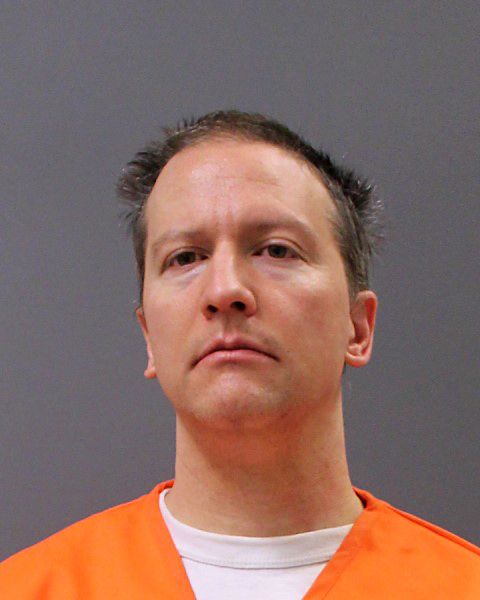Prosecutors: Chauvin Deserves Longer Sentence Than Normal Because Of His ‘Cruelty’

Source: Handout / Getty
Minnesota prosecutors want the man who killed George Floyd to get a stiffer penalty than prescribed by law. Convicted of second and third-degree murder along with manslaughter, former Minneapolis police officer Derek Chauvin faces a minimum of 12 1/2 years when get gets sentenced next month.
Attorney General Keith Ellison and a team of attorneys filed a memo arguing that aggravating circumstances during the killing of Floyd warrant a longer sentence. Ellison oversaw Chauvin’s prosecution after taking over the case from the Hennepin County Prosecutor.
In their memo seeking an aggravated sentence, state prosecutors lay out five aggravating factors. First, the state identified Floyd as a vulnerable victim in a vulnerable position. Chauvin ignored both his training that the position he detained Floyd increased the risk of respiratory distress and ignored cries and pleas for several minutes.
Based on testimony and facts presented during the trial, Ellison and his team also alleged that Chauvin treated Floyd with “particular cruelty” and abused his authority. The state contends that Chauvin disregarded the scope of his role by failing to “serve with compassion” and prioritize the “sanctity of life.”
The state also argues that Chauvin being a part of a group of three or more when the crime was in the presence of children during the violent arrest supports increasing the sentence.
Chauvin is being sentenced only on second-degree murder, the most serious offense charged, according to the Associated Press. An explainer on Minnesota’s sentencing guidelines explained that someone convicted of second-degree murder (unintentional) can be sentenced to “as little as 10 years and eight months or as much as 15 years and still be within the advisory guideline range.”
The 2020 Sentencing Guidelines explained a departure from the guidelines “should be made only when substantial and compelling circumstances can be identified and articulated.” The guidelines provide a standard grid for particular felony offenses and criminal history.
Departures are up to the discretion of the presiding judge. Employment alone is not a factor for departing from the sentencing guidelines. So, the state cannot argue that Chauvin should get a sentence enhancement because he is a police officer.
Legal experts suggest Chauvin will not get anywhere near the maximum sentence of 40 years. Chauvin’s defense attorney disagreed with the prosecution’s characterization of the factors, saying Chauvin acted within the scope of his authority. He claimed the state authorized Chauvin to act in the manner he did, and there was no evidence at trial to support the aggravating factors alleged.
Chauvin’s sentencing hearing is set for June 25.
SEE ALSO:
Derek Chauvin Juror On Mental Toll Of Murder Trial: We Had To ‘Watch A Black Man Die’ Every Day
A World Where George Floyd Would Still Be Here Is A World Without Police
[ione_media_gallery id=”4101934″ overlay=”true”]

